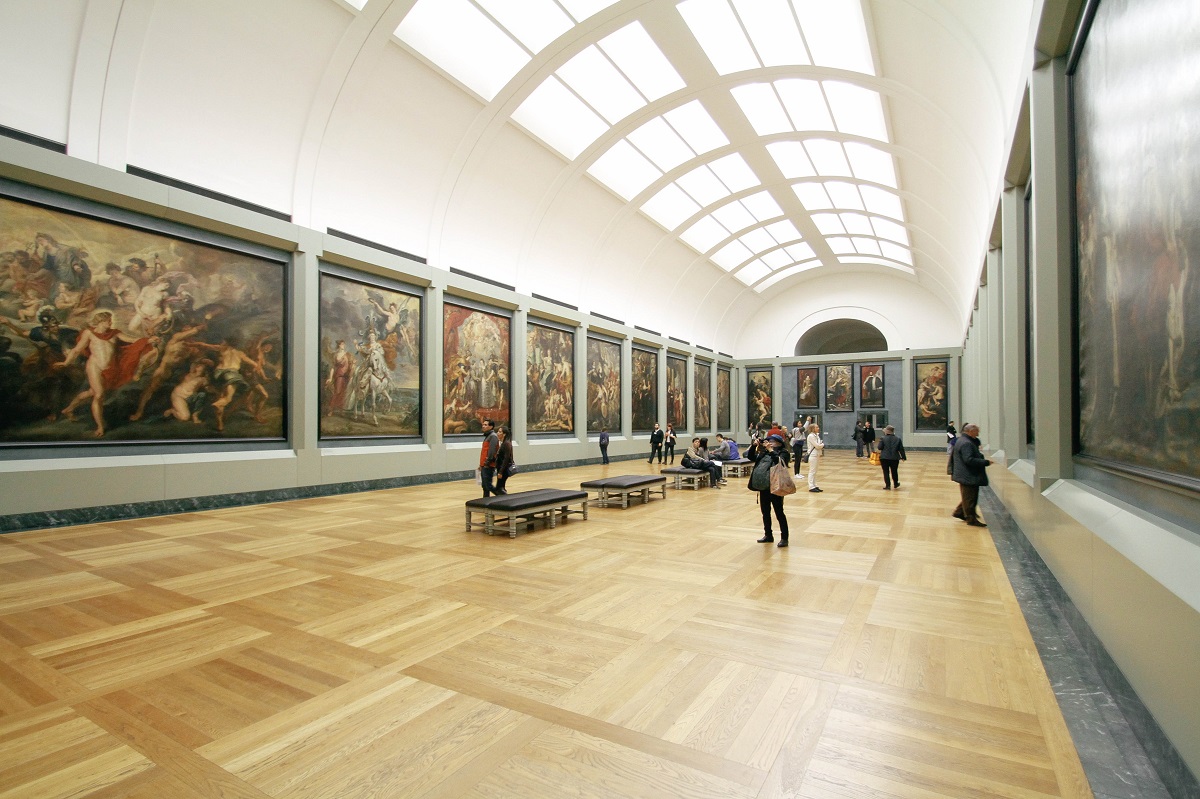When you travel, do you add a trip to the local art gallery to your itinerary? Is your bookshelf brimming with works from the canon of world literature? Would you rather watch art house films than whatever movie or TV series is trending right now?
To some people, having such preferences borders on the pretentious or snobbish. But many of us sincerely want to expand our depth and breadth of appreciation for art, music, and other timeless forms of expression. We desire to be more cultured.
The easy way to acquire culture is through association. It’s well-known that we are influenced by those we spend more time with. Hang out with people who drink a lot, and you may end up needing to recover from alcoholism. Socialize with those who think on a higher level, and you can be pulled towards a positive direction.
However, relying on this sort of diffusion to elevate your sensibilities has its limits. What can you do to progress even further?
Genuine high culture
Before you begin, it’s vital to have a definition of what it means to be cultured. This allows you to avoid crossing the line and becoming a snob or putting down others for their lack of knowledge relative to your own.
The trouble with that, of course, is that culture itself has at least 164 definitions, according to anthropological research. And culture is far from universal. For instance, western-educated individuals might not be as familiar with the art and literature of China, Africa, or the Middle East.
Generally, however, when we think of a certain person as being cultured, they are genuinely immersed in the concept of ‘high culture.’ That means being wired to love and study perfection: the best forms of expression of what people have thought and said through the ages.
Thus, high culture transcends our typical cultural boundaries. There is no exact threshold you can cross, beyond which you can say that you’re a cultured person. It’s a state of mind, a commitment to the study of worthy knowledge.

A goal of self-improvement
But what sort of knowledge is worthy? What are the best cultural works to study? Those questions actually don’t matter as much as you might think.
The body of human creative endeavors is vast and constantly evolving. If you make it your goal to study the cream of the crop from history, you’ll inevitably fail across all cultures.
True appreciation takes time. Speed-reading literature or giving art a cursory examination is like watching a movie or listening to music on fast-forward. No one can argue that such an experience is beneficial or enjoyable.
In fact, such practices smack of pretense: wanting to get that book or film off your list, just so that you can say you’ve read or watched it.
In this way, wanting to be cultured has a lot in common with the modern self-help trend. You don’t do it to show off, whether in conversation at dinner parties or on your social media posts.
The pursuit of a more cultured self is never-ending. Your goal is a moving target. Each year, new works are being created that may merit being considered among the best. And in this respect, you can borrow from a well-known technique in self-help: the kaizen method.
Gaining 1% each day
Kaizen originated from American business principles of small, continuous improvement, imparted to Japan’s postwar rebuilding efforts. It has since been embraced by the self-help movement as a way to keep on getting better by taking small and simple actions each day.
You already know what needs to be done, but your mind might balk at the size and scope of the challenge. This turns the pursuit of culture into a status game because if you can’t reach the ultimate goal, at least you can show that you’re better than others.
Instead of learning to think deeply and allowing culture to permeate your life, you engage in petty snobbery.
Kaizen helps you to avert that because it’s a tool to make daily progress towards that elusive goal of becoming more cultured.
Don’t fret about whether you’re getting it right or what others think about a book, movie, or work of art. Just set aside the time to read, appreciate, and contemplate these things each day.
Along the way, learn to analyze things for yourself and come up with a well-considered critique, preferably before voicing an opinion based on gut reactions.
Do these things, and regardless of which works you study across different cultures or how many you can cover over the years, you’ll become a little more cultured each day.
